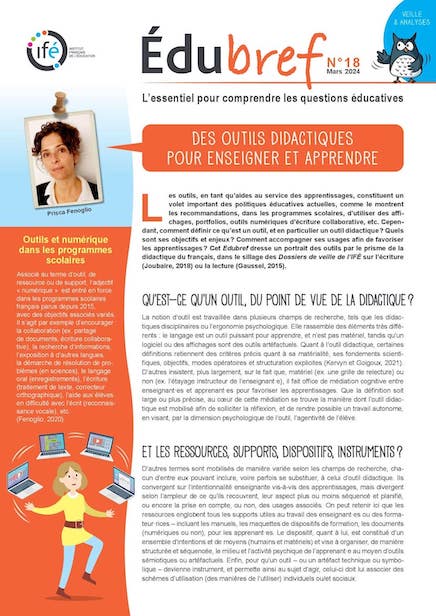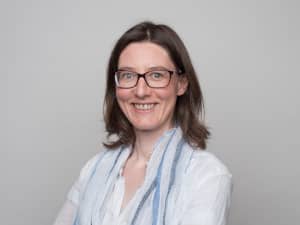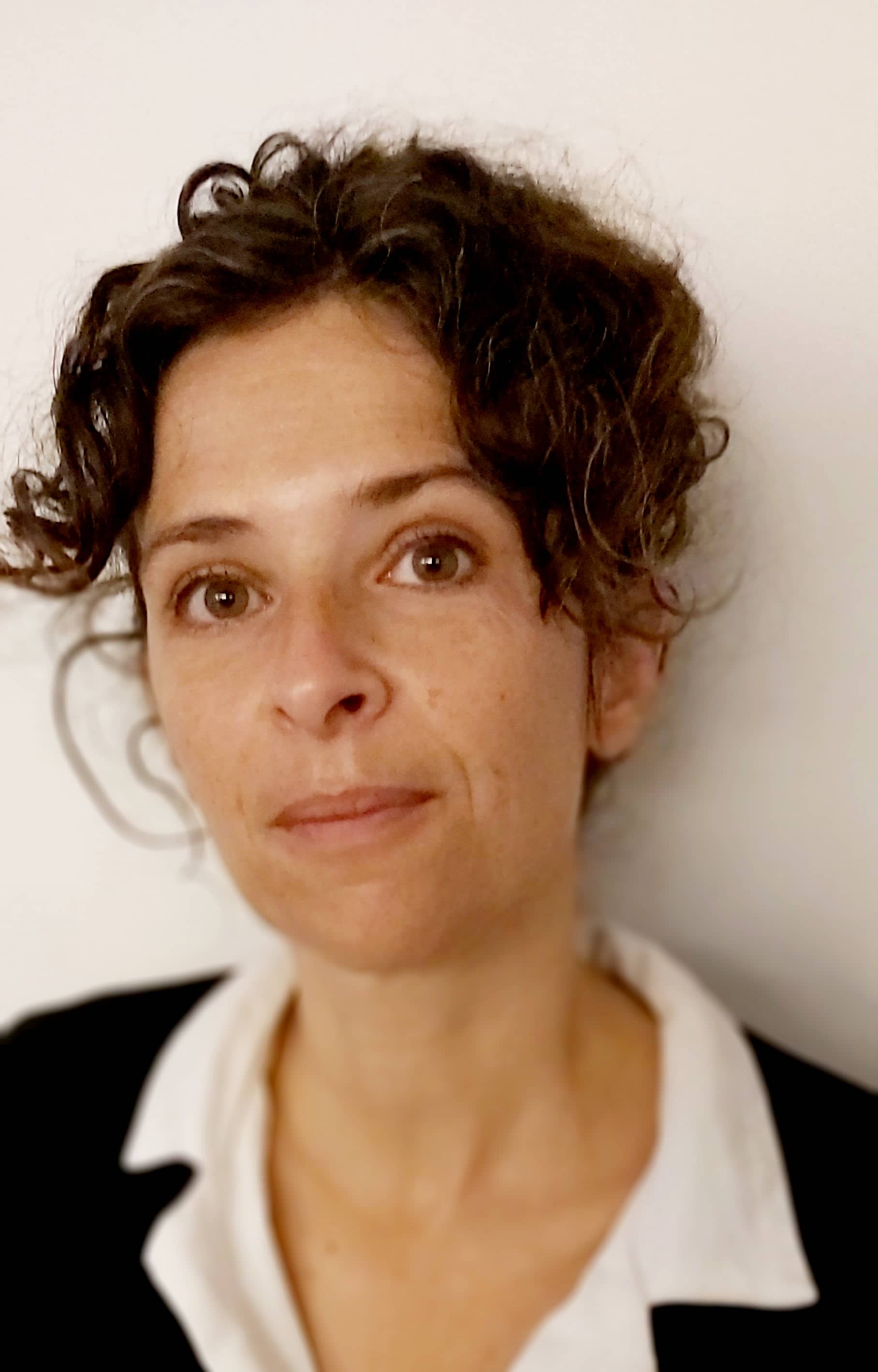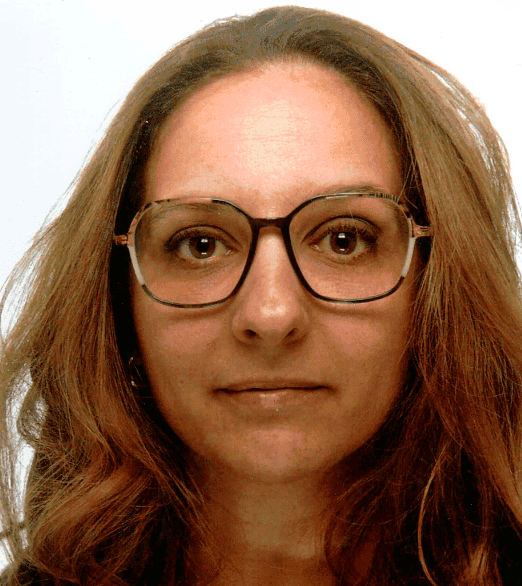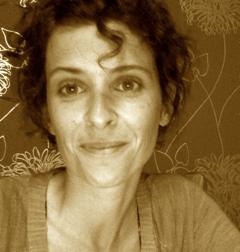Pays : France
Langue(s) : français
Auteur(s) : LANCE Daniel
Date de soutenance : 2005
Thèse délivrée par : Université Sorbonne nouvelle-Paris 3
Section(s) CNU : section 17 : Philosophie
Discipline(s) : Philosophie
Sous la direction de : Francis JACQUES
Jury de thèse : Jean-François Mattei, Jacques Gonnet, Yannick Geffroy
L'objet de ce travail est de réfléchir sur l'acte langagier lorsqu'il est poussé à son extrême limite. Le contexte spécifique est l'éducation d'adolescents en rupture sociale et/ou scolaire reçus en classe relais. Ces adolescents ont refusé le pouvoir de la langue conventionnelle et ont semblé développer une nouvelle logophobie en copiant, à l'inverse, les valeurs de la société dominante : " je choisirai le contraire de ce que tu désires ", semblent-ils dire. Un modèle communicationnel " dialogique " comporte ses gradients, on en descendra les degrés jusqu'à presque sortir du champ sémantique, là où les mots font défaut. Puis on en gravira les échelons, en élaborant une réflexion, tout d'abord, sur la génétique de l'acte communicationnel et sur le silence partagé. Ensuite, on interrogera la communication non-verbale : le corps comme langage, l'art martial comme communication. Puis on intégrera la parole et l'écrit, en continuant cette anabase, cette remontée vers une communication pleine, par une réflexion sur le théâtre, suivie par une étude sur l'interrogation développée conjointement entre le maître et l'élève. Enfin, à ces adolescents qui refusaient toute lecture en collège, on offrira toute " l'énigmaticité " des grands textes littéraires comme accès définitif à la parole partagée. C'est ainsi tout le champ de l'acte communicationnel que notre étude aura pu couvrir. La fréquentation de ces adolescents nous aura permis de réfléchir, sous le double aspect pratique et conceptuel, à ce qu'est la communication, à ce qu'est l'éducation. Elle nous aura donné la possibilité de développer les conditions nécessaires au retour de l'autorité, et de retrouver ainsi ce " dialogisme fort " que l'on croyait impossible à reconquérir. The purpose of this work is to think about the concept of communication pushed to its limit. The specific context is the education of teenagers who have rejected social and school systems and who are received, at a maximum of twelve at a time, in small and well-structured educational settings called in France "Classes relais". These teenagers have rejected conventional or dominant language, they seem to have created a new logophobia, through rejecting everything which is part of the conventional and dominant language: ¤I'll choose the opposite of what you desire¤, they seem to say. A model of ¤dialogic¤ intersubjective communication possesses several levels. We reach the point where meaningful verbal communication breaks down altogether. Next, we will climb the rungs of communication and we will first think about the genesis of communication and shared silence. Then, we will pursue our reflections to non-verbal communication and martial art as communication. We will add language and texts by working on theatre and questions elaborated between teacher and pupils. Finally, we will offer to these teenagers refusing any scholar books, classical and fundamental classic texts as an ultimate access to language. So that, it is the whole range of communication that we will have studied, on both a practical and conceptual basis. So, spending time with these teenagers allows us not only to think about what communication and education are, but also to discover another form of authority and a model of communication that we had first thought might impossible to attain.
Limites de la comunication et communication aux limites : les adolescents en rupture sociale et scolaire
Auteur(s) : LANCE Daniel
Date de soutenance : 2005
Thèse délivrée par : Université Sorbonne nouvelle-Paris 3
Section(s) CNU : section 17 : Philosophie
Discipline(s) : Philosophie
Sous la direction de : Francis JACQUES
Jury de thèse : Jean-François Mattei, Jacques Gonnet, Yannick Geffroy
L'objet de ce travail est de réfléchir sur l'acte langagier lorsqu'il est poussé à son extrême limite. Le contexte spécifique est l'éducation d'adolescents en rupture sociale et/ou scolaire reçus en classe relais. Ces adolescents ont refusé le pouvoir de la langue conventionnelle et ont semblé développer une nouvelle logophobie en copiant, à l'inverse, les valeurs de la société dominante : " je choisirai le contraire de ce que tu désires ", semblent-ils dire. Un modèle communicationnel " dialogique " comporte ses gradients, on en descendra les degrés jusqu'à presque sortir du champ sémantique, là où les mots font défaut. Puis on en gravira les échelons, en élaborant une réflexion, tout d'abord, sur la génétique de l'acte communicationnel et sur le silence partagé. Ensuite, on interrogera la communication non-verbale : le corps comme langage, l'art martial comme communication. Puis on intégrera la parole et l'écrit, en continuant cette anabase, cette remontée vers une communication pleine, par une réflexion sur le théâtre, suivie par une étude sur l'interrogation développée conjointement entre le maître et l'élève. Enfin, à ces adolescents qui refusaient toute lecture en collège, on offrira toute " l'énigmaticité " des grands textes littéraires comme accès définitif à la parole partagée. C'est ainsi tout le champ de l'acte communicationnel que notre étude aura pu couvrir. La fréquentation de ces adolescents nous aura permis de réfléchir, sous le double aspect pratique et conceptuel, à ce qu'est la communication, à ce qu'est l'éducation. Elle nous aura donné la possibilité de développer les conditions nécessaires au retour de l'autorité, et de retrouver ainsi ce " dialogisme fort " que l'on croyait impossible à reconquérir. The purpose of this work is to think about the concept of communication pushed to its limit. The specific context is the education of teenagers who have rejected social and school systems and who are received, at a maximum of twelve at a time, in small and well-structured educational settings called in France "Classes relais". These teenagers have rejected conventional or dominant language, they seem to have created a new logophobia, through rejecting everything which is part of the conventional and dominant language: ¤I'll choose the opposite of what you desire¤, they seem to say. A model of ¤dialogic¤ intersubjective communication possesses several levels. We reach the point where meaningful verbal communication breaks down altogether. Next, we will climb the rungs of communication and we will first think about the genesis of communication and shared silence. Then, we will pursue our reflections to non-verbal communication and martial art as communication. We will add language and texts by working on theatre and questions elaborated between teacher and pupils. Finally, we will offer to these teenagers refusing any scholar books, classical and fundamental classic texts as an ultimate access to language. So that, it is the whole range of communication that we will have studied, on both a practical and conceptual basis. So, spending time with these teenagers allows us not only to think about what communication and education are, but also to discover another form of authority and a model of communication that we had first thought might impossible to attain.



